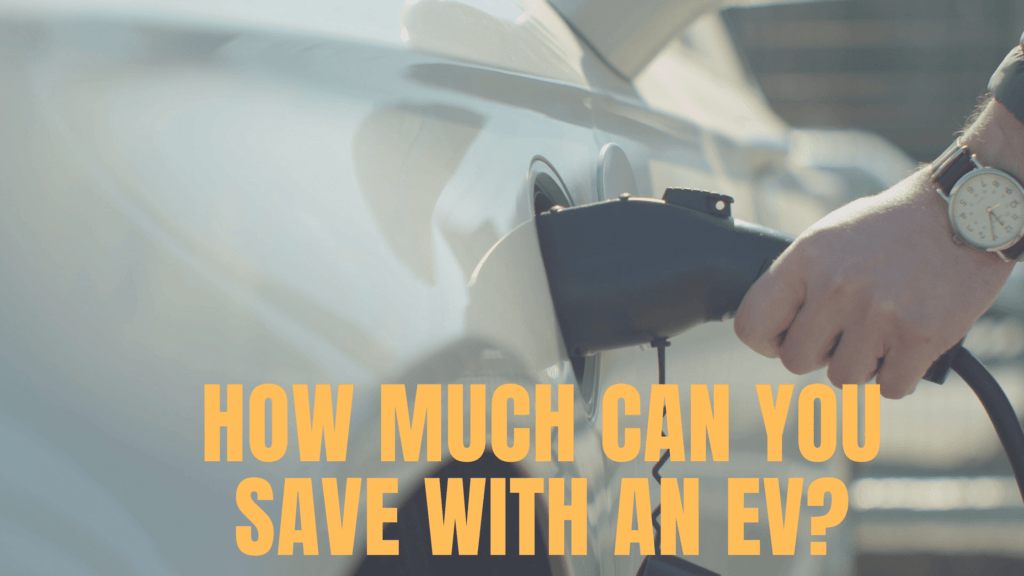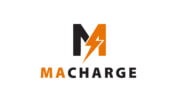
It’s been quite a tumultuous year for those relying on gas-powered cars. The ever-changing prices at the pump, soaring above $1.80 a liter at times and then dropping unexpectedly. Back down a bit, back up again! All tis have left many drivers feeling uncertain. If you’re someone who appreciates predictability, 2021, 2022 and the first months of 2023 has certainly been a challenging year. And what lies ahead for gasoline prices? It’s anyone’s guess. We find ourselves hoping for the best while bracing for whatever surprises each week brings. We will delve into the world of EVs and explore the numerous ways to save with an EV.
Curious to explore the benefits of driving an electric vehicle further? MaCharge took an enlightening ride with one its own customer gaining valuable insights into how this new technology is revolutionizing transportation from the consumer’s seat Now, the burning question on many minds is: Are EVs truly more affordable? Can I actually save money by becoming an EV owner? Of course, the assumption here is that I can find an EV that meets my specific needs.
The Fuel Efficiency Advantage
Given this volatile landscape, it comes as no surprise that more and more drivers are considering making the switch to electric vehicles (EVs). The fluctuating gas prices have sparked a surge of interest in EVs, prompting people to visit dealerships and scour the internet for information about this promising alternative to their suddenly expensive gas-guzzling cars.
Fuel savings are among the most compelling reasons to switch to an electric vehicle. According to a study by Consumer Reports, EVs can be up to three times more efficient than their gasoline-powered counterparts. With the rising cost of fuel, this increased efficiency translates into significant savings over time. By plugging in instead of filling up at the pump, you can keep more money in your pocket while reducing your carbon footprint.
To put these savings into perspective, let’s consider a hypothetical scenario. Suppose you drive an average of 15,000 miles per year. If you were to switch from a gasoline-powered car that achieves 25 miles per gallon (MPG) to an electric vehicle that consumes 0.3 kWh per mile, you could save approximately $770 per year. Over the lifetime of the vehicle, these savings can add up to thousands of dollars, making EVs an economically savvy choice.
Calculating Your Savings
Curious about how much you can save by driving an EV? Several online tools and calculators can help you estimate your potential savings based on various factors such as electricity rates, fuel prices, and driving habits. BC Hydro’s Fuel Savings Calculator and ChooseEV’s Savings Calculator are user-friendly resources that allow you to input relevant data to obtain personalized estimates. These tools consider factors like the distance you drive, the cost of electricity, and the fuel efficiency of your previous vehicle to provide a realistic projection of your savings.
Government Incentives and Rebates
Another factor that enhances the financial appeal of EVs is the availability of government incentives and rebates. Many countries and regions offer financial incentives to encourage the adoption of electric vehicles. These incentives can come in the form of tax credits, grants, or rebates that offset the initial purchase cost of an EV or provide additional savings on charging infrastructure installation.
For example, in the province of Quebec, the federal and provincial government offers a tax credit of up to $12,000 for purchasing an electric vehicle, depending on the battery size and manufacturer. State-level incentives further sweeten the deal, making it even more affordable to own an EV. By researching and taking advantage of these incentives, you can maximize your savings while contributing to a greener future.
Charging Infrastructure and Savings
An essential aspect of owning an electric vehicle is access to convenient and reliable charging infrastructure. As EV popularity soars, charging stations have become increasingly prevalent. They provide EV owners with peace of mind and the freedom to travel without range anxiety. Investing in a home charging station can further enhance the financial benefits of owning an EV.
When considering a home charging station, it is crucial to consider factors such as charging speed and ease of installation. Opting for a Level 2 charging station allows for faster charging times compared to a standard Level 1 charger. This means you can charge your EV more quickly and efficiently, saving both time and money. Several reputable companies offer a range of high-quality charging stations that cater to different needs and budgets. By investing in a reliable home charging station, you can enjoy the convenience of charging your EV at home. Do take advantage of off-peak electricity rates, and avoid the costs associated with public charging stations.
A Final Word on How Much Can You Save with an EV
Owning an electric vehicle not only benefits the environment but also provides significant financial advantages. From fuel savings and reduced maintenance costs to government incentives and convenient home charging, the potential for saving money with an EV is substantial. By making an informed decision and taking advantage of available incentives, you can enjoy long-term cost savings.
The key to maximizing your savings is to conduct thorough research, calculate your estimated costs and savings using reliable tools. Do consult with EV installers and electricians such as MaCharge for expert guidance. Embrace the electrifying future of transportation and start reaping the financial rewards of driving an electric vehicle today!
